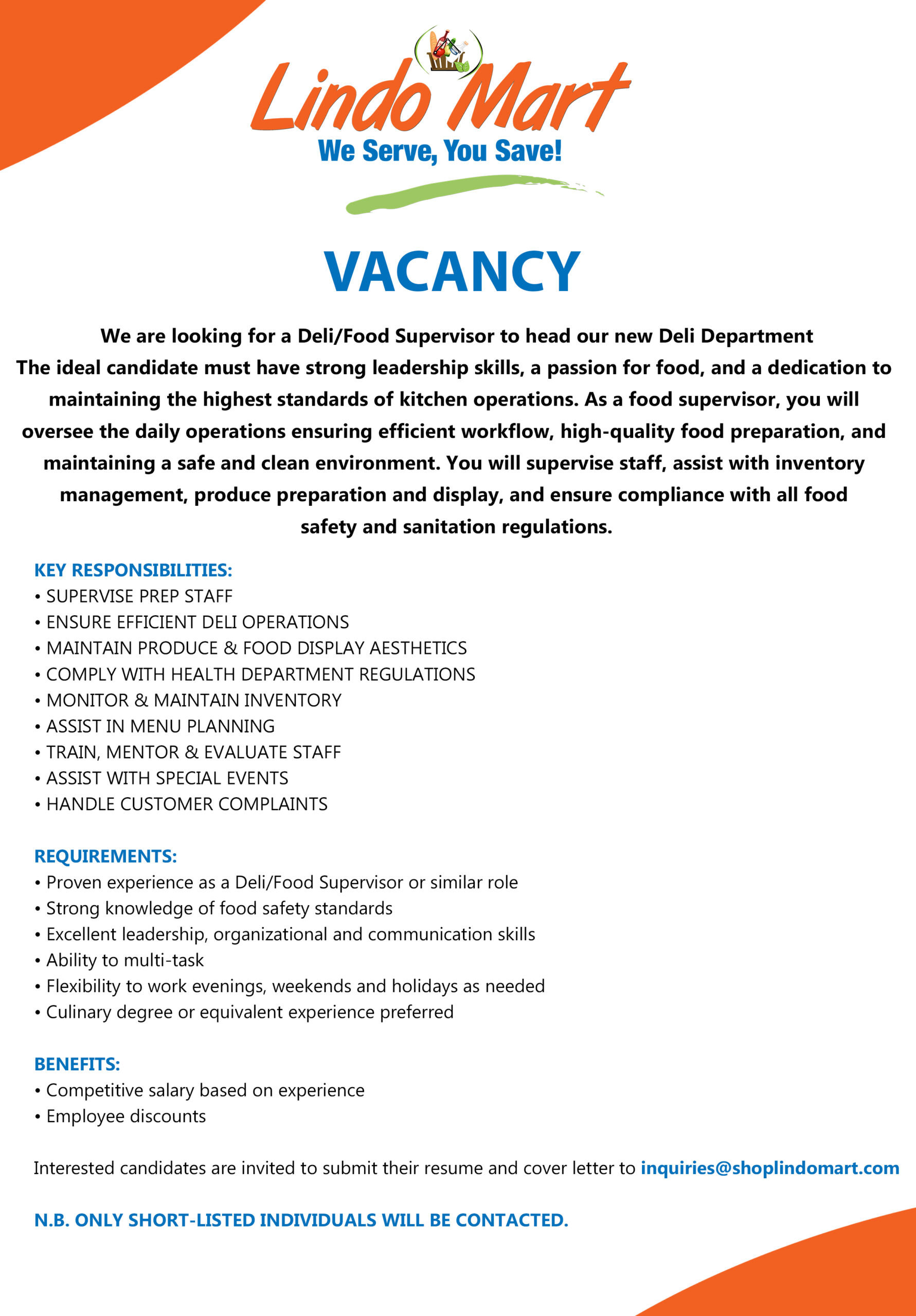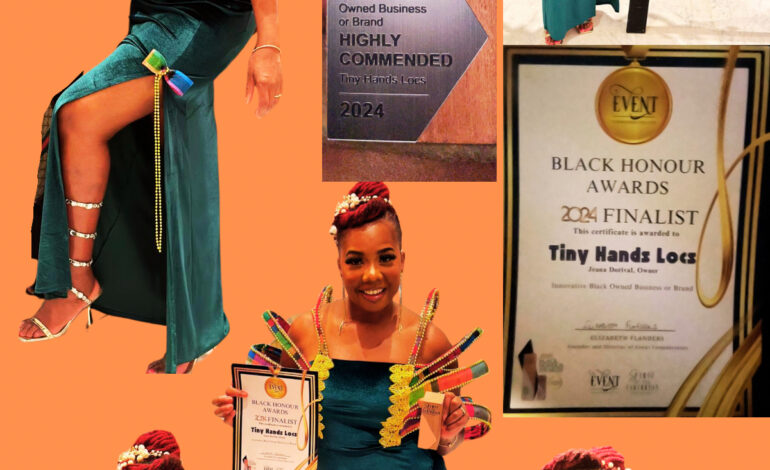
Mr. Milton Haughton, Executive Director, Caribbean Regional Fisheries Mechanism (CRFM) Secretariat; Honourable Josephine Olivia Connolly, Minister of Tourism, Environment, Fisheries and Marine Affairs, Culture and Heritage, Agriculture and Religious Affairs, The Turks and Caicos Islands – Chair of the CRFM Ministerial Council; and Mrs. Kathy Lockhart, Acting Director of Fisheries, The Turks and Caicos Islands – Chair of the Caribbean Fisheries Forum of the CRFM
Belize City, Tuesday, 29 October 2024 (CRFM)—Caribbean ministers responsible for Fisheries, Aquaculture, and the Blue Economy held fruitful deliberations during the 18th Caribbean Week of Agriculture (CWA), convened by the CARICOM Secretariat in partnership with the host country—Saint Vincent and the Grenadines—from 7 – 11 October 2024. The 14th Special Meeting of the Ministerial Council of the Caribbean Regional Fisheries Mechanism (CRFM) concluded with a firm commitment to improve climates-smart blue economic growth from the marine living resources and tackling the state of fisheries and aquaculture in the Caribbean through expanded production across the 17 CRFM Member States, to improve food security and jobs. At the conclusion of the week’s events, representatives of the CARICOM Member States convened the 115th Meeting of the CARICOM Council for Trade and Economic Development (COTED), which endorsed significant decisions to strategically accelerate blue economic growth, including aquaculture transformation in our region.
“These meetings of regional policy-makers were a crucial opportunity to address some of the most pressing challenges in the blue economy and fisheries sector. The decisions we made will help to protect marine ecosystems while supporting food security and the livelihoods of those who depend on our coastal and marine resources,” said Honourable Josephine Olivia Connolly, Minister of Tourism, Environment, Fisheries and Marine Affairs, Culture and Heritage, Agriculture and Religious Affairs, The Turks and Caicos Islands – Chair of the CRFM Ministerial Council, in an official statement following the CRFM meeting.
The CRFM Ministerial Council sets the policy direction of the Caribbean Regional Fisheries Mechanism, and it is the highest decision-making body of the organization. The Council is comprised of ministers from the 17 Member States of the CRFM.
(Photo: CRFM Secretariat)
During its 14th Special Meeting, the CRFM Ministerial Council deliberated upon priority policies and actions needed to advance the work of the CRFM and its Member States, building upon the decisions made during the 18th Regular Meeting of the CRFM Ministerial Council held in April this year.
“Our previous meeting in April 2024 saw significant progress with the adoption of the resolutions that have helped guide our work… We have the opportunity to further advance these initiatives and solidify our commitment to ensuring the sustainability of our marine resources,” Minister Connolly told her fellow ministers at the start of their deliberations.
The Ministers held extensive discussions following a presentation by the CRFM Secretariat on the status and trends of the fisheries and aquaculture sector in the CARICOM region, which indicated that for the most recent reporting period (2021/2022), domestic production (which excludes high seas fisheries production) stood at approximately 158,000 metric tonnes, valued at US $575 million. Aquaculture accounts for 6% of this production (8,777 tonnes), while marine capture fisheries in areas under the national jurisdiction of Member States accounts for the remainder.
Honourable Saboto S. Caesar, Minister of Agriculture, Forestry, Fisheries, Rural Transformation, Industry and Labour, Saint Vincent and the Grenadines, highlighted the need for priority attention to be given to boosting production and productivity across the region, particularly from the under-utilized and unutilized resources beyond the coastal waters.
“What percentage of our marine economy is left unharvested that should be harvested, and how [are] we going to set about having an increase in production and productivity to lift our numbers?” he questioned, noting the need for the successes of Member States [such as Grenada in developing their tuna fisheries and Saint Lucia in boosting sea moss aquaculture], to be quickly replicated across the region.
“Grenada is a shining example of what can happen in longline fishing for tuna from a micro-state. Grenada is in the OECS [Organisation of Eastern Caribbean States]; Grenada is in CARICOM; Grenada is covered by the CRFM—so is Saint Vincent and the Grenadines and Dominica, and the others around the table! Jamaica, for example, did excellent work in aquaculture. Saint Lucia has done excellent work with sea moss production, and Saint Vincent and the Grenadines, we are trying to model what we’re doing from Saint Lucia…” Minister Caesar added.
Mr. Milton Haughton, Executive Director, Caribbean Regional Fisheries Mechanism (CRFM) Secretariat, noted that growth in aquaculture and the blue economy requires targeted and strategic policy actions and investments. These actions include (i) strengthening capacities at the CRFM Secretariat, the National Fisheries Administrations and private sector of Member States to provide the leadership and expertise needed to steer blue economic growth, including aquaculture development; (ii) mobilizing resources from multilateral and bilateral donors as well as private sector partners to provide the finances and investments needed to modernize the sector and realize blue economic growth; (iii) enhancing regional and national policy and legal and institutional frameworks to incentivize and support the envisioned transformation; and (iv) address biosecurity controls and other technical and marketing challenges to minimize the risk of losses and to build a profitable, resilient and sustainable sector. These necessary actions have been incorporated by the Ministers into the resolutions passed at the conclusion of their deliberations.
Haughton noted that the Caribbean lags far behind in aquaculture production, although globally aquaculture produces most of the seafood (including fish) that people eat. He added that aquaculture production today is mostly done in the marine environment—called mariculture, which is the ideal approach for Caribbean countries, most of which have limited land spaces and freshwater availability but large ocean spaces.
The Ministers requested that the CRFM prioritizes the development of aquaculture regionally and that it prepares a modernization strategy with technical support from a cadre of aquaculture experts from across the region, including persons comprising the CRFM Working Group on Aquaculture.
Another major development discussed during the 14th Special Meeting of the Ministerial Council is the innovative work being done by the CRFM and the New Zealand Institute for Plant and Food Research Ltd, under the New Zealand-funded Sargassum Products for Climate Resilience in the Caribbean Project, to utilize Sargassum, which is a valuable marine resource, to develop a viable and safe biostimulant to enhance plant growth. This initiative to valorize Sargassum was the showpiece of one of the CRFM’s technical events at CWA 2024, held under the theme: Climate Smart Agriculture for a Sustainable Future.
“We have worked with our partners in the region to design a process that gets rid of [virtually all] of the heavy metals, and we have been able to produce this biostimulant that tested and performed very well in the greenhouse and initial field trials with farmers. The field trials are wrapping up, but the initial findings indicate that it has contributed very well to plant growth,” Haughton said.
“This is a win-win situation. We are still at the early stages. We have the product now, and we will be doing further development work in Jamaica with a private sector partner, where we will set up a pilot production plant. We hope that the pilot commercial type operation will demonstrate a viable and efficient production process that will produce a good organic-based fertilizer from… Sargassum that has been a problem and a challenge for us. Fertilizer is a required input by farmers, and it is very expensive. If we can produce an effective fertilizer/bio-stimulant from Sargassum that can help reduce the high import bill of fertilizer, that would be good for our farmers and help to achieve our goal of reducing the region’s large food import bill,” he added.
The Ministers also provided guidance for the development of a CARICOM Regional Strategy for Mainstreaming Global Biodiversity Considerations in Fisheries and Aquaculture Policies and Practices, which should be returned to them for their review and approval at their next meeting due in April 2025.
They also reviewed the progress being made under the GEF/CAF/FAO/CRFM BE-CLME+ Project: Promoting National Blue Economy Priorities through Marine Spatial Planning in the Caribbean Large Marine Ecosystem Plus, and provided guidance on the way forward to advance several regional initiatives, including a new project funded by Global Affairs Canada titled, Sustainable Technologies for Adaptation and Resilience in Fisheries or the STAR-Fish Project.
To round out their work, the Ministers addressed the need for the CRFM to facilitate strengthened disaster recovery from hurricanes and other severe weather events, such as Hurricane Beryl, a major hurricane which struck several Caribbean islands, including Grenada, Saint Vincent and the Grenadines, Barbados, Saint Lucia, and Jamaica, in July 2024.
Apart from the Special Meeting of the Ministerial Council, the Caribbean Regional Fisheries Mechanism hosted two hybrid public events at CWA 2024, with a focus on Promoting Climate-Smart and Resilient Fisheries and Aquaculture for Food Sovereignty & Food Security, and a Sustainable & Profitable Future. The Sargassum Seminar on Supporting Climate-Smart Fisheries, Aquaculture, and Agriculture through Product Innovation was held on Wednesday, 9 October 2024, in partnership with Plant and Food Research of New Zealand; while the Caribbean Small-Scale Fisheries & Aquaculture Forum took place on Tuesday, 8 October 2024, at the same venue.
The CRFM Secretariat also partnered with the Saint Vincent and the Grenadines Fisheries Services to showcase their work, aimed at strengthening the Fisheries and Aquaculture sector, at the CWA 2024 Tradeshow and Expo which ran the entire week, from 7 – 11 October, at the Kingstown Cruise Ship Terminal.






